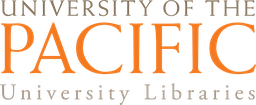University Archives
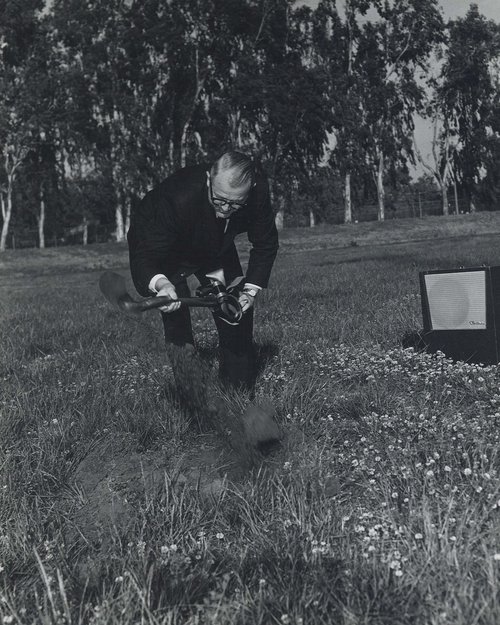
Raymond Groundbreaking Ceremony, April 28, 1961. President Burns breaking the ground for Raymond College.
Introduction
Raymond College was a cluster college at the University of the Pacific, established in 1962. The ideas developed at Raymond would come to form a critical reference point to the teaching philosophy of Pacific, both during its era and through its continuing legacy. The emphasis on seminar learning and student engagement in a small class setting, standard at Pacific today, was transformed by Raymond's influence.
Starting as an experiment, Raymond borrowed from Oxford and Cambridge by teaching through Socratic discussion and seminars. President Burns also looked to the well-known Claremont schools in southern California for inspiration for the newly developed cluster college model, believing that the university could grow best by adding additional small colleges rather than continue to grow the existing ones. He once remarked that the cluster experiment was an integral part of the university and its plans for the future.
Raymond brought students and faculty into a tight knit academic community where they could study, discuss, research, argue, and write. Coined a “college of consequence,” Raymond left a long-lasting legacy here at Pacific, with many of its teaching philosophies still being incorporated into the school's curriculum.
A number of unique features made the Raymond College experience different from the traditional collegiate experience. Written evaluations were given to students in lieu of traditional letter grades, allowing for a more holistic summary of the student's work in that class. Majors and departments didn't exist, with all students graduating with an interdisciplinary liberal arts degree. And the Raymond High Table speaker events allowed students to engage with renowned leaders and explore new ideas.
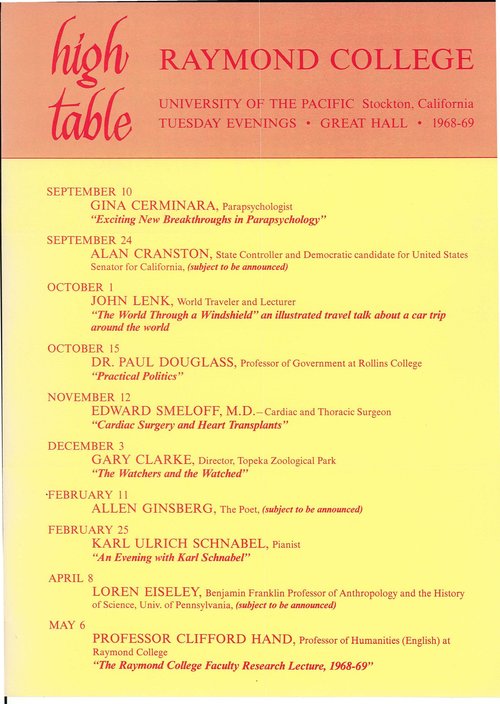
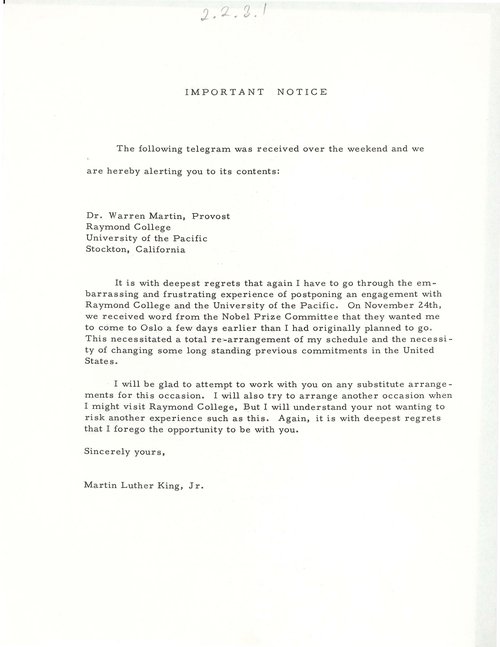
Every Wednesday night, Raymond College would host Raymond High Table. Influential guest speakers from across the political spectrum would engage in modern intellectual discussions with the Raymond community. Raymond High Table speakers include Senators discussing the untrustworthiness of the government, Black Panther leaders discussing civil rights, and talks of world peace during the Vietnam War. Some famous High Table speakers included Huey Newton, founder of the Black Panthers, Angela Davis, professor and civil rights activist, and Allen Ginsberg, a counterculture poet and writer. These speakers often provoked large intellectual debates in Raymond over contemporary issues such as the Civil Rights Movement, Vietnam War, and Reagan’s Cold War legislation.
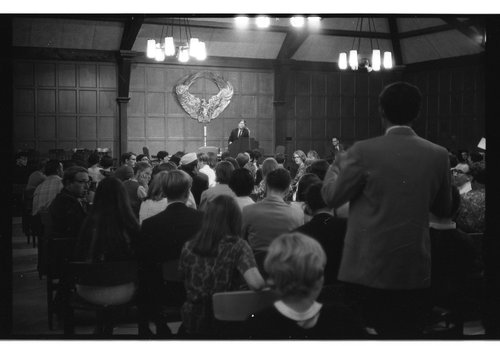
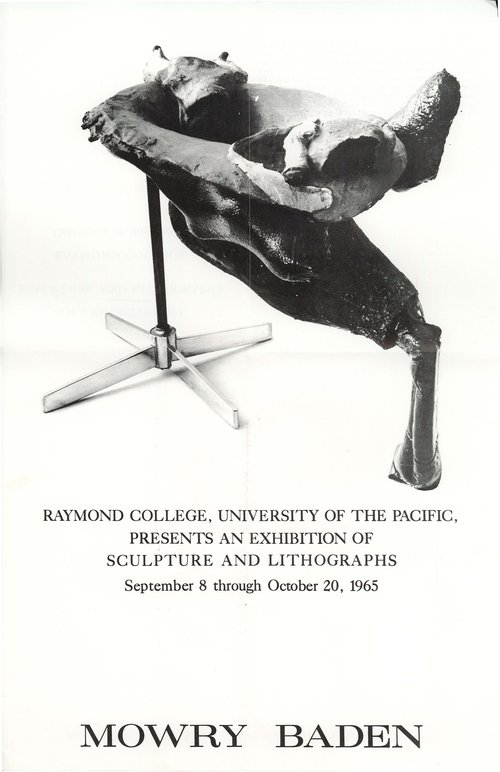
Raymond was at the center of an artistic transformation of the Liberal Arts education. Dorm housing had art studios to encourage students to freely express both academic and creative sides of student potential. Countless art exhibitions were hosted by Raymond College, displaying the university's dimensional flexibility in the sciences and fine arts.
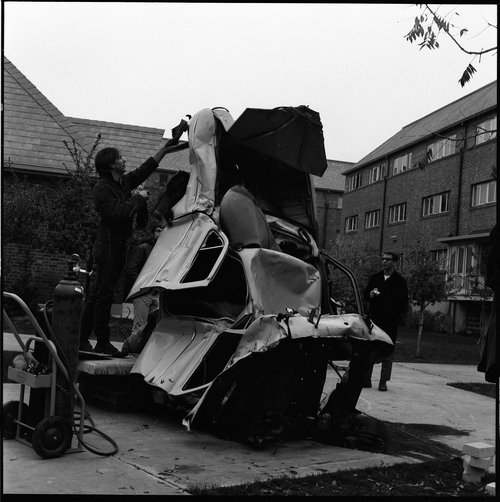
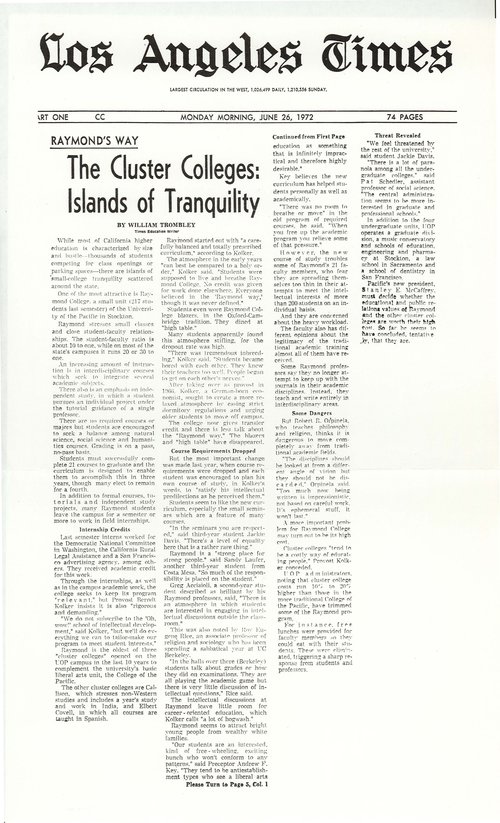
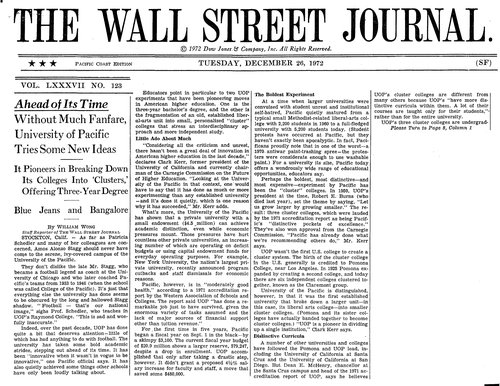
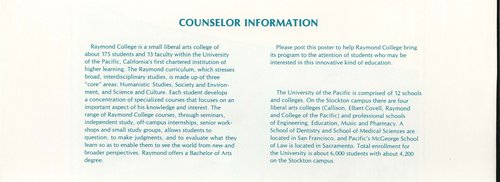
Raymond’s launch garnered significant attention to Pacific. The Cluster Colleges made headlines in famous prints such as the Wall Street Journal and Los Angeles Times. Pacific was lauded as being an educational pioneer compared to their peer institutions and their more impersonal curriculum.
Conclusion
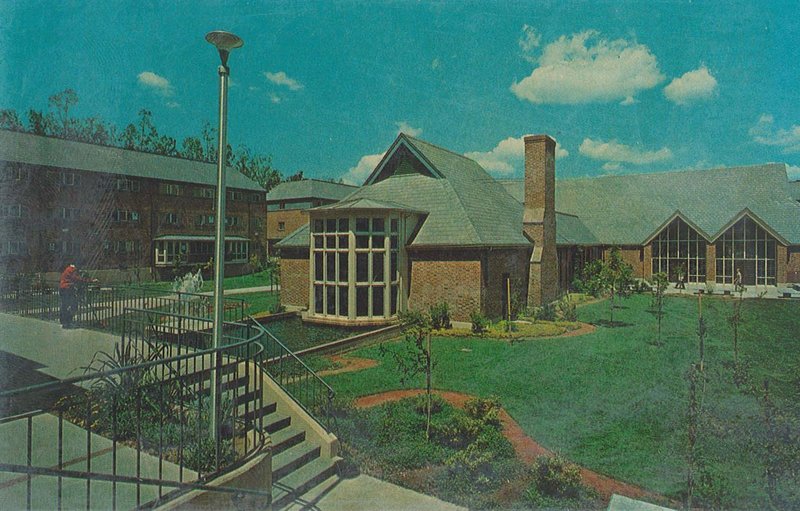
Raymond College would merge with Callison college in 1977 to form Ray-Cal college for two years. In 1979, Ray-Cal would dissolve; the cluster college experiment would end completely in 1986 when Covell College dissolved. The emphasis on Pacific’s student-centered education grew out of the cluster experiment. To the students of Pacific today, their success and connection to the University is attributed to Raymond’s instigation of the Socratic teaching philosophy.
Come learn more about Raymond College in Scholarly Commons.
